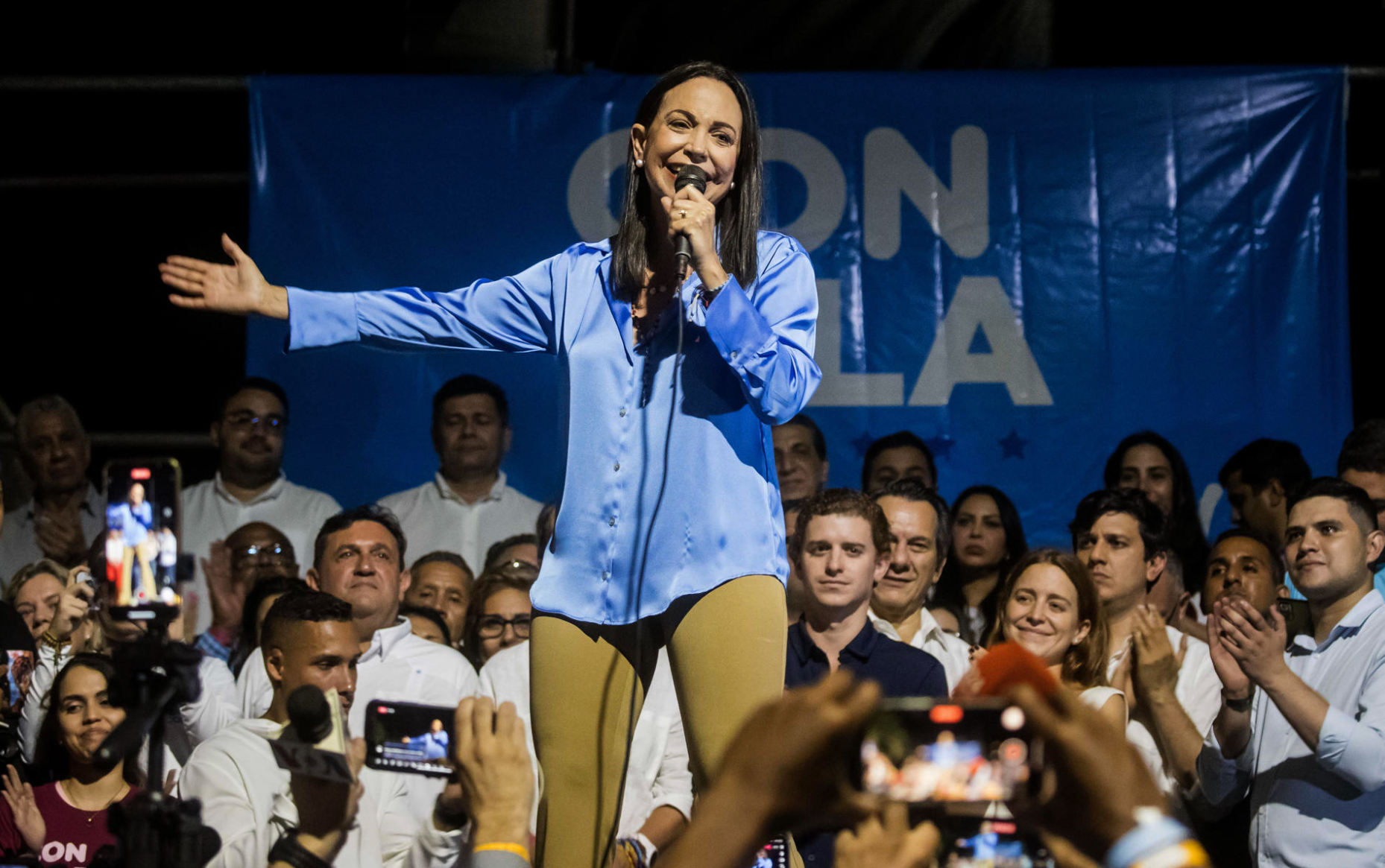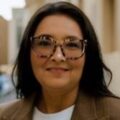In November 2022, the National Primary Commission (CNP) was established in Venezuela with the mission of organizing a nationwide consultation to choose the unitary candidate intending to represent the opposition sectors in the Presidential Election of 2024. In the CNP president’s words, Jesús María Casal, the mission of this body was to rescue the value of the vote, offering an opportunity to coincide in a “common basic project of democratization”. These were the premises of a collective organizational effort that summoned partisan and civil society sectors to a task of complex dimensions and under constant threat from the pro-government sector.
The task they proposed represented an enormous challenge not only given the material and financial limitations they faced to carry out the consultation but also due to the persistence and aggravation of the disagreements between the Venezuelan opposition’s different factions. On the one hand, the possibility of counting on the technical assistance of the National Electoral Council (CNE) was discussed, which would be discarded after the dismantling of its board of directors, a decision that was considered a useless attempt to delay the national consultation. The announcement of the Primary Election implied, on the one hand, the recognition of the need to organize a unitary electoral platform, while on the other hand, the urgency of overcoming the disagreements for the common benefit of achieving a coherent proposal of opposition policy.
However, one of the challenges of the Primary Election as a social call was precisely the difficulty of getting all political actors to agree on the same strategic direction. Undoubtedly, ideological differences are still there, but the effort was more oriented toward the conformation of a unitary approach that would restore the confidence of Venezuelans in the electoral route. To this must be added the uncertainty about the disqualification measures that weigh not only on María Corina Machado, the winner of the primary election but also on other politicians such as Henrique Capriles Radonski. The latter withdrew arguing the difficulty to move forward with such a measure against him.
Among the issues discussed and agreed upon in Barbados last week, when the opposition and the ruling party formalized their commitment to resume negotiations between both parties, was the temporary lifting of the economic sanctions imposed by the U.S. in exchange for allowing the opposition to participate in the elections. The issue of disqualifications was not resolved.
Once the consultation has taken place, the opposition moves on to another phase in the political-electoral process. Now it is time, besides maintaining the enthusiasm that the polls already anticipated about the participation in the primary, to fight for electoral conditions that include the lifting of those measures that weigh on Maria Corina Machado, and on which there is nothing firm from the negotiations’ perspective that will continue in parallel between the Government and the Unitary Platform.
In this sense, the election of Machado as leader of the Venezuelan opposition presents a new scenario where it is to be expected that there will be definitions, not only in strategic terms but also in terms of representation. One of the critical aspects will be the continuity of the current opposition negotiating team. It cannot be discarded that after the results of the consultation, there may be changes in this process, which will possibly be used by the Government to continue stimulating fractures in the opposition coalition, as has been its strategy.
Machado’s victory does not leave the internal opposition dynamics settled since other candidates who abstained from participating in the primary election do not exclude an incursion outside the opposition platform in 2024. This is the case of Manuel Rosales, Governor of the State of Zulia. This scenario is not improbable, nor is it improbable that other factors of the opposition coalition, as well as politically fluid sectors, as is the case of humorist Benjamin Rausseo, who continues to express interest in participating as an independent candidate, decide to launch their candidacies in 2024.
The opposition will have to unify efforts to maintain Machado’s support base as political capital to negotiate better electoral conditions that are not limited to her qualification. The conditions for participation are still pending, which include the Electoral Registry, as well as the vote abroad, which requires its opening. This will depend on the agreements reached by the Government of Maduro with the Unitary Platform, since in some countries with a significant Venezuelan population, Venezuela does not have diplomatic relations, as is the case with the United States.
Finally, according to the Electoral Commission, 2.3 million Venezuelans went out to vote in a self-managed Primary Election, facing numerous obstacles: from the reduction of voting centers, the aggression of pro-government groups, or the suppression of information by interruptions in Internet access.
This experience has made it clear that, despite the discontent with the political class, many Venezuelans have not stopped believing in democracy and in the power of the vote. Despite the threats, social networks and the media showed a country that came out massively to vote for hope. This enthusiasm and the expression of a desire for change that will hardly be taken away from Venezuelans is perhaps the most powerful message left by this civic day.
*Translated by Janaína Ruviaro da Silva from the original in Spanish.












